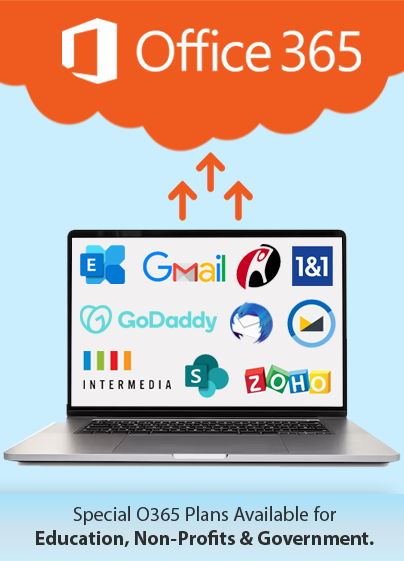How to Migrate AIP to Microsoft 365 Compliance Center?
Microsoft provides several tools and services for managing compliance. However, many of them are disjointed and need to be managed separately. In a move to provide a unified and extensible solution for protecting data across services, Microsoft deprecated the Azure Information Protection classic client and Label Management in the Azure Portal on March 31, 2021. It has urged its users to migrate to the new unified labeling solution and upgrade to the new client in the Microsoft 365 compliance center. Customers can take advantage of Microsoft Information Protection (MIP) to manage the compliance of Microsoft 365 cloud services, on-premises, in third-party SaaS applications after migration. In this article, we will explain how to migrate AIP to Microsoft 365 Compliance Center.
What Are the Benefits of The Unified Labeling Solution?
The unified labeling solution helps businesses protect their sensitive data more effectively. Here are some of the benefits of switching from AIP to the new unified labeling solution.
- The MIP includes built-in labeling services for several basic information protection features, minimizing the need for additional software and client usage reservation, thereby lowering maintenance costs.
- It increases Office performance without using additional add-ins.
- Customers can streamline their labeling and protection policy management across AIP, Office 365, and Windows with the Microsoft 365 compliance center.
How to Upgrade Azure Information Protection (AIP) Classic Client to Unified Labeling Solution?
Most of the functionality in the AIP classic client is available in the unified labeling client for simplifying the migration process. While the classic client continues to work as configured, it is no longer supported. The time taken to migrate from the AIP classic client to the unified labeling solution depends on the complexity of the policies and the features being used. Here is a high-level description of the process involved in migrating to the unified labeling solution.
-
Activating Unified Labeling
The process of migration from AIP to the new unified labeling solution commences with the activation of the client. A user with the role of Compliance administrator, Compliance data administrator, Security administrator, or Global administrator can activate it. On activating the unified labeling platform, labels are automatically copied from Azure Information Protection and are stored in both systems. The label lists will be identical in Azure Information Protection and Microsoft 365 Security & Compliance Center. Note that while changes made to labels in the Azure portal are automatically synchronized in Microsoft 365 compliance center, the reverse is not true.
-
Copying Policies from AIP to Compliance Center
Once the labels have been copied, admins can copy policies available in the Azure portal to the unified labeling platform. There are several options available for copying policies. However, there are some limitations to copying policies, in which case, they can be created manually in the Microsoft 365 compliance center.
-
Advanced Label Settings Configuration
Some advanced label settings cannot be migrated automatically from AIP to the new unified labeling platform. These must be reconfigured to work in the unified labeling platform. The advanced label settings can either be configured in PowerShell or by defining label conditions in the Microsoft 365 Compliance center.
-
Unified Labeling Client End-User Adoption
To ensure that end-users can use the unified labeling policies and labels, they must have a client that can connect to the Microsoft 365 compliance center. While unified labeling capabilities are integrated directly in Office clients for non-Windows platforms, users with Windows machines can install the Azure Information Protection unified labeling client or upgrade to Microsoft 365 Apps for Enterprise that uses the built-in labeling support provided in Office versions 1910 and higher.
Apps4Rent Can Help Migrate Labels and Policies from AIP to The New Platform
Your users could be at risk if your labels and policies have still not been migrated for the Azure Information Protection (AIP) classic client to the unified labeling solution, as Microsoft has deprecated it in March 2021. Moreover, there could be challenges in the migration if the policies are complex.
As a Tier 1 Microsoft CSP, Apps4Rent provides Office 365 migration and consulting services to help businesses overcome technical challenges. Contact our Microsoft 365 cloud consultants, available 24/7 via phone, chat, and email for assistance.

Get FREE migration to Office 365